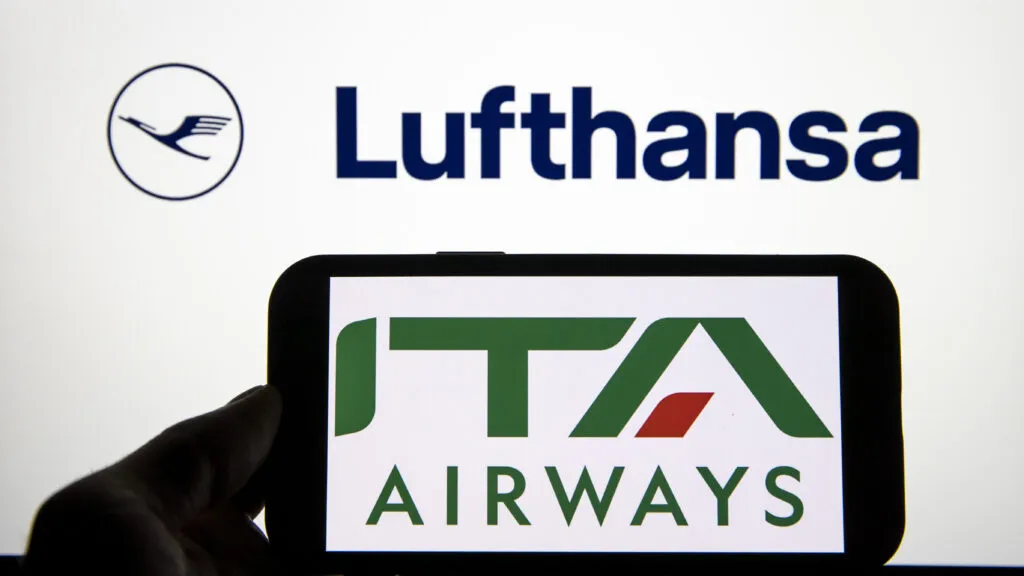Bad news without end
The aviation company Boeing is currently delivering bad news on an almost daily basis, ranging from uncertified aircraft and issues with already approved planes to supply chain problems. This results in existing planes being temporarily grounded or ordered aircraft facing significant delays for airlines. Reliable growth planning under these circumstances is challenging; some airlines have already revised their forecasts downward.
However, Boeing's issues are just one reason why airlines are increasingly losing confidence for the months ahead. Companies are also grappling with significantly increased costs, as the two major cost components – fuel expenses and personnel costs – have surged. And with regards to the Boeing problem: When new planes arrive late at airlines, it keeps fuel expenses high since newer aircraft are generally more fuel-efficient than their predecessors. Not to mention the environmental emissions, where older planes emit more pollutants than their successors.
Expensive pilots
An end to rising personnel costs is not in sight, as ongoing wage disputes – not only at Lufthansa – suggest. The current shortage of skilled workers is also driving up costs. For instance, last year, wages for the pilots in the US, who are few and far between, were raised by up to 40%. This adds additional pressure on European airlines in ongoing wage negotiations.
Passing on the higher costs directly to customers is unlikely to work for airlines. Ticket prices are already at record highs. Even some airline managers are surprised that demand has not decreased given this price level. The rebound effect from the Covid-19 pandemic is likely slowing down, and the high inflation of recent months could eventually impact travel enthusiasm. Therefore, significant tariff increases are not advisable. Many low-cost airlines are currently struggling under increased costs but cannot adjust prices, given the price sensitivity of their passengers. This puts their business model at risk if costs continue to soar.

Increasing profitability through economies of scale is currently challenging. Competition authorities on both sides of the Atlantic have recently been critical of potential mergers and acquisitions. For example, the EU Commission is closely scrutinizing Lufthansa's acquisition of ITA and is likely to impose strict conditions. The Jetblue/Spirit deal in the US may not go through at all.
Success and failure have always been closely linked in the highly cyclical airline industry. A year of record results can quickly be followed by a cycle of high losses. Having a financial cushion for tough times is helpful, but it is a challenge given the slim profits and billions invested in new aircraft, even in good times. A diversified approach is more promising. While passenger business came to a halt during the pandemic, air freight flourished. While business travelers returned slowly after Covid-19, holiday travel quickly reached pre-crisis levels. Even Boeing's turbulence has a silver lining for airlines with a strong maintenance segment: The recurring issues with various aircraft often require more comprehensive and meticulous maintenance – benefiting the airlines' technical subsidiaries. It's fortunate that Lufthansa decided not to divest shares in Lufthansa Technik. This ensures better navigation through the next cyclical low.